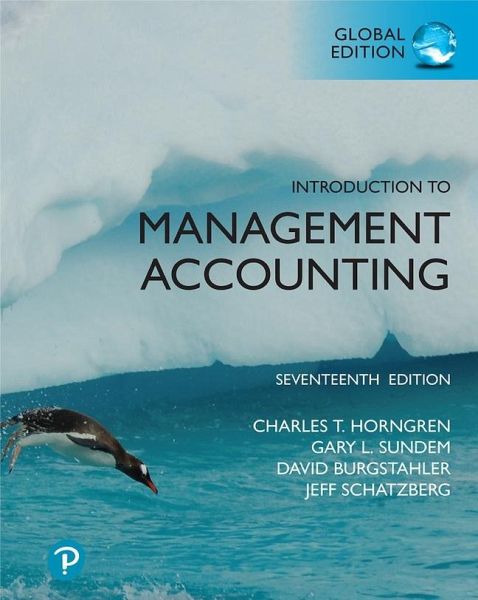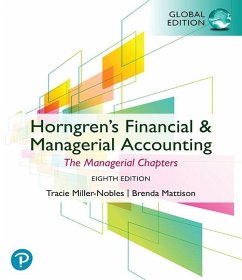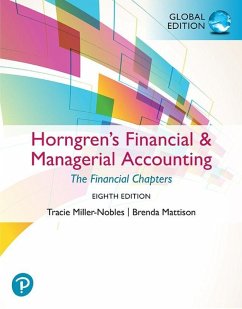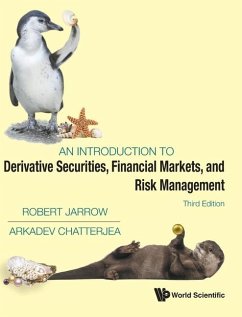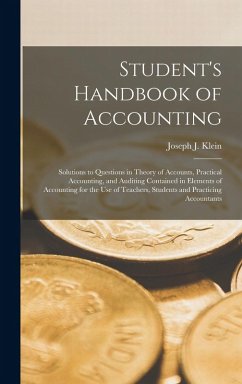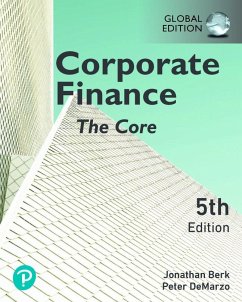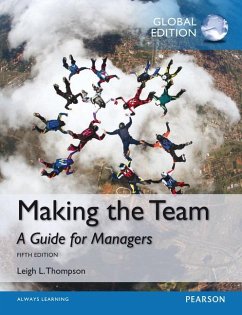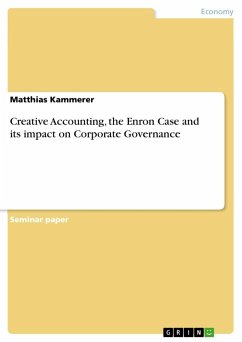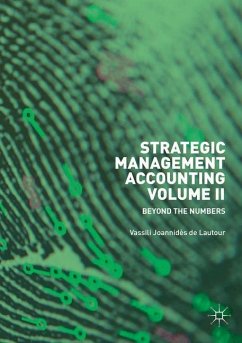Charles T. Horngren was the Edmund W. Littlefield Professorof Accounting, emeritus, at Stanford University. A graduate of MarquetteUniversity, he received his MBA from Harvard University and his PhD from theUniversity of Chicago. He also received honorary doctorates from Marquette Universityand DePaul University. A certified public accountant, Horngren served on theAccounting Principles Board, the Financial Accounting Standards Board AdvisoryCouncil, and the Council of the American Institute of Certified PublicAccountants and served as a trustee of the Financial Accounting Foundation,which oversees the Financial Accounting Standards Board and the GovernmentAccounting Standards Board. He is a member of the Accounting Hall of Fame.Horngren served the American Accounting Association as its president and asdirector of research. He received the associations first annual Outstanding AccountingEducator Award. He also received its Lifetime Contribution to ManagementAccounting Award. The California Certified Public Accountants Foundation gaveHorngren its Faculty Excellence Award and its Distinguished Professor Award. Heis the first person to have received both awards. The American Institute ofCertified Public Accountants presented him with its first Outstanding EducatorAward. He was also named Accountant of the Year, Education, by the nationalprofessional accounting fraternity, Beta Alpha Psi. Professor Horngren was amember of the Institute of Management Accountants, where he received itsDistinguished Service Award. He was a member of the Institutes Board ofRegents, which administers the Certified Management Accountant examinations.Horngren authored several other accounting books published by PrenticeHall: Cost Accounting: A Managerial Emphasis, Introduction toFinancial Accounting, Accounting, and FinancialAccounting. He was also the Consulting Editor for the Charles T. HorngrenSeries in Accounting. Gary L. Sundem is professor of accounting emeritus at theUniversity of Washington, Seattle. He received his BA from Carleton College andhis MBA and PhD from Stanford University. Professor Sundem has served asPresident of the American Accounting Association, Executive Director of theAccounting Education Change Commission, and Editor of The AccountingReview. He is currently president of the International Association forAccounting Education and Research. Sundem is a past president of the Seattlechapter of the IMA (formerly the Institute of Management Accountants). He hasserved on IMAs national board of directors and chaired its Academic Relations andProfessional Development committees. He has chaired the AACSBs AccountingAccreditation Committee He currently serves on the Board of Trustees of RainierMutual Funds and the Board of Trustees of Carleton College, where he chairs theaudit committee. He received the Carleton College Outstanding Alumni award in2002. Professor Sundem has numerous publications in accounting and financejournals including Issues in Accounting Education, TheAccounting Review, Journal of Accounting Research , and Journalof Finance. He was selected as the Outstanding Accounting Educator by the AmericanAccounting Association in 1998 and by the Washington Society of CPA since 1987. David Burgstahler was the President of the American AccountingAssociation (2016-17) and is the Julius A. Roller Professor of Accounting atthe University of Washington, Seattle. He received his BA degree from theUniversity of MinnesotaDuluth, and his PhD from the University of Iowa. He hasbeen associate dean for masters programs and executive education and actingdean at the University of Washington Business School. He has served on morethan 40 PhD supervisory committees and has been recognized multiple times asBeta Alpha Psi Professor of the Year and as MBA Professor of the Quarter at theUniversity of Washington. Professor Burgstahler was 20072009vice president ofpublications of the American Accounting Association and has served on severalAssociation committees. Professor Burgstahler received the American AccountingAssociations American Institute of Certified Public Accountants NotableContributions to Accounting Literature Award in 2002. He has numerous publicationsin journals including The Accounting Review, Journal of ManagementAccounting Research, Journal of Accounting Research, Journalof Accounting and Economics, Contemporary Accounting Research, Auditing:A Journal of Practice and Theory, Behavioral Research in Accounting,and The CPA Journal. Jeffrey Schatzberg is the department head (Department ofAccounting) at the University of Arizona and has served as the Dean of the Universityof Arizona, Eller College of Management (2015-2016). Professor Schatzbergreceived his BA (in philosophy), MA (in accounting), and PhD (in business administration),all at the University of Iowa. Professor Schatzberg has numerous publicationsin the most prestigious accounting and business journals, including the Journalof Accounting Research, The Accounting Review, ContemporaryAccounting Research, Auditing: A Journal of Practice and Theory, Journalof Management Accounting Research, and Issues in AccountingEducation. His teaching and research interests are in managerial accountingand auditing. He has given numerous seminars at several U.S. universities andinternational schools in Canada, England, Wales, Norway, France, Germany, and Switzerland.Schatzberg has also served on the editorial board of several scholarlyaccounting journals. Professor Schatzberg has been teaching undergraduate,graduate, and MBA managerial accounting courses at the University of Arizonafor the past 26 years. He has extensive experience in executive educationworldwide (e.g., United States, China, Korea, Taiwan, Mexico, and Peru), hasdeveloped customized managerial accounting programs and performed consultingfor numerous companies (e.g., Raytheon, Honeywell, Microsoft, and Intel), andhas taught executives from many multinational firms (e.g., IBM, Motorola, LG,BenQ, Acer, and Mattel). Professor Schatzberg has received the MBA Faculty ofthe Year Award from the Eller Graduate School of Business at the University ofArizona on seven occasions and is the recipient of the Arizona Society of CPAsExcellence in Teaching Award. He is a CPA and worked for several years as anauditor and tax accountant in the Phoenix office of KPMG Peat Marwick. His workexperience includes both manufacturing and service industry firms, as well asnot-for-profit institutions.
